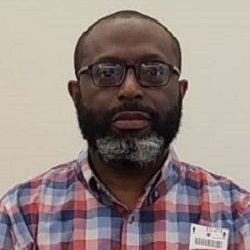
Concentration: Epidemiology
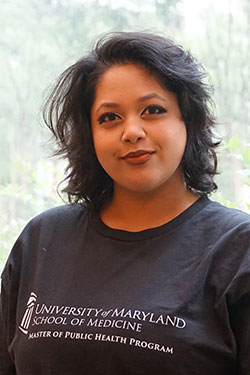
Imraina Alam
Concentration: Community and Population Health
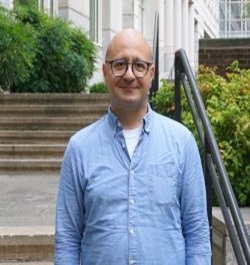
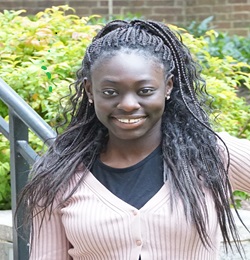
Concentration: Community and Population Health
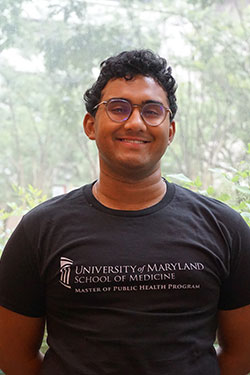
Concentration: Epidemiology
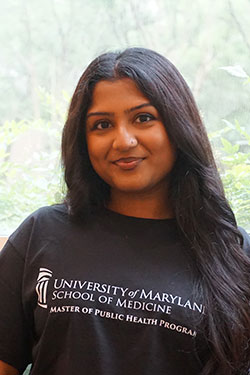
Concentration: Global Health
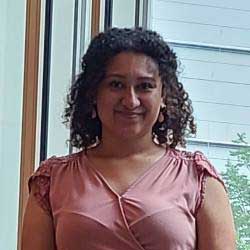
Concentration: Global Health
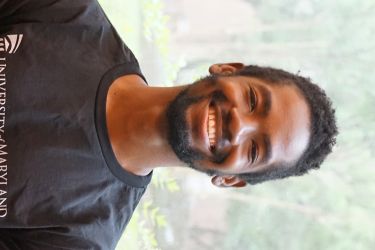
Ikechukwu Enenmoh
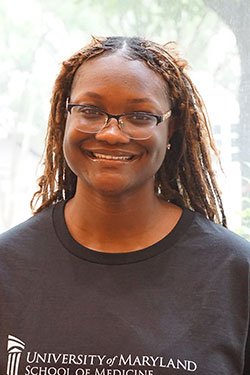
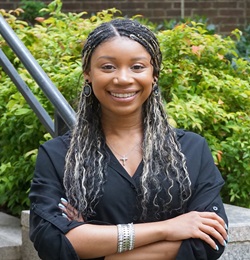
Concentration: Global Health
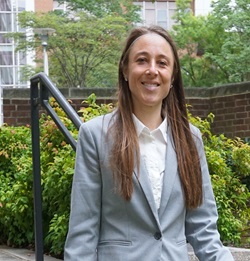
Ashley Flateland
Concentration: Community and Population Health
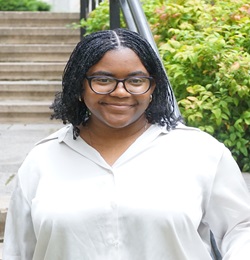
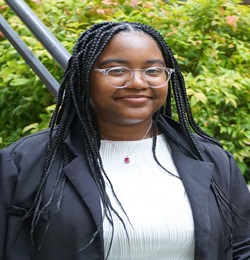
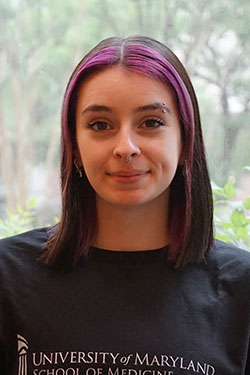
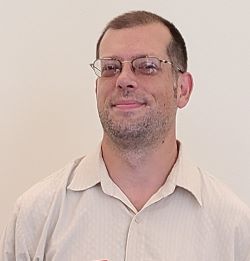
Brian Jackson
Concentration: Epidemiology
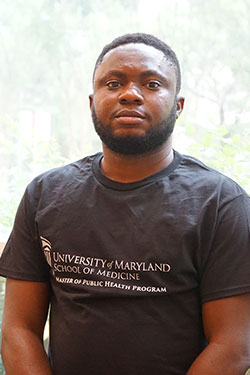
Concentration: Epidemiology
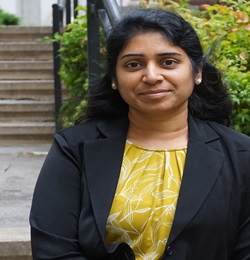
Sucharita Katikala
Concentration: Epidemiology
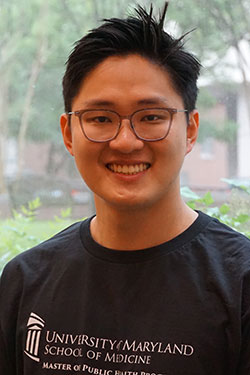
Concentration: Epidemiology
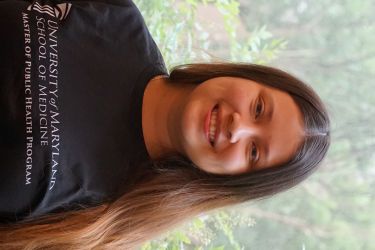
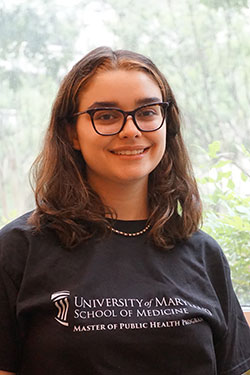
Concentration: Epidemiology
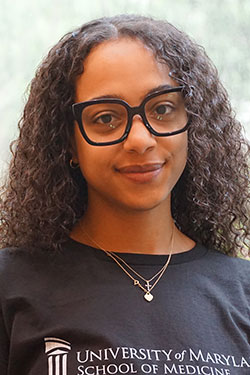
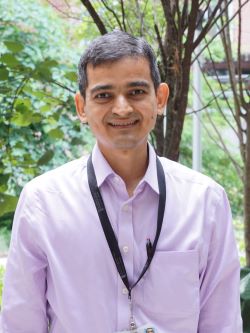
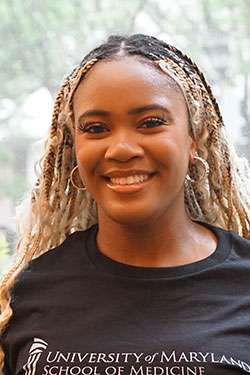
Concentration: Global Health
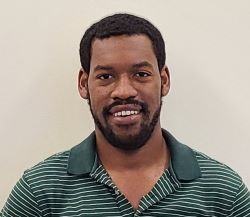
Chidozie Obichere
Concentration: Epidemiology
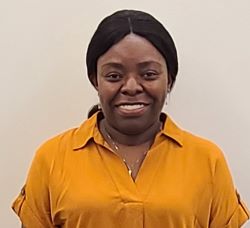
Ijeoma Ogunsanya
Concentration: Epidemiology

Chigoziem Oguh
Concentration: Community and Population Health
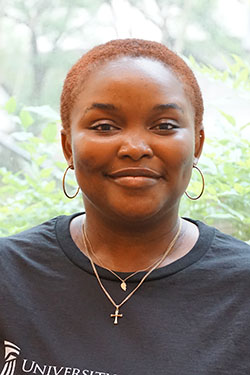

Concentration: Community and Population Health
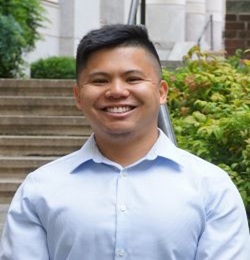
Concentration: Epidemiology
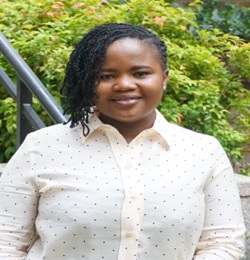
Concentration: Epidemiology
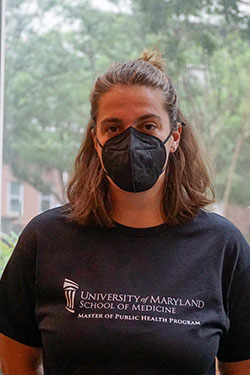

Concentration: Epidemiology
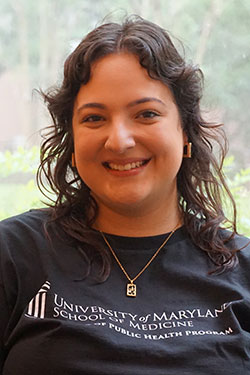
Concentration: Epidemiology
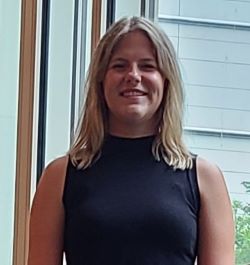
Erika Shook
Concentration: Epidemiology

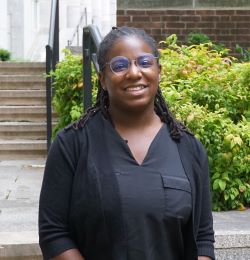
Sydjea Stillwell
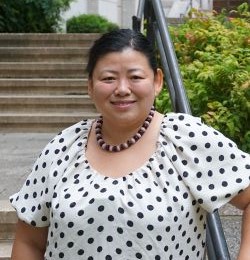
Concentration: Epidemiology
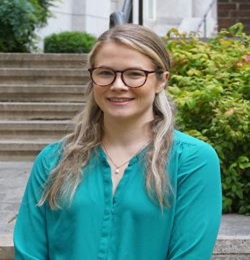
Concentration: Epidemiology
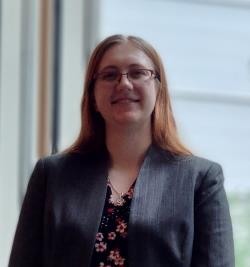
Savanna Wright
Concentration: Epidemiology
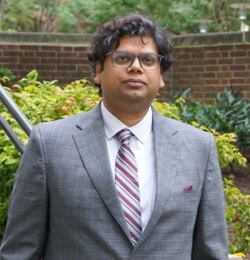
Alumni Spotlight
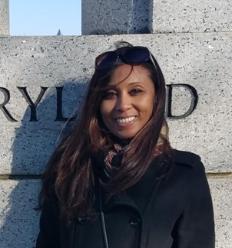
Ms. Deborah Stevens
Deborah Stevens is a University of Maryland School of Medicine (UMSOM) and School of Social Work (UMSSW) dual degree alumna who earned her Master of Social Work (MSW) in 2006 and Master of Public Health (MPH) - Global Health Concentration) in 2008. Recently, we asked Ms. Stevens a few questions about her experiences in the public health world and how her experiences at UMSOM and UMSSW have impacted her career.
Stevens wanted to earn an MSW/MPH to “see immediate change in the individual” and help “people improve their health and well-being on a population or community level.” She noted that having earned a dual degree made her feel like she was very employable and gave her flexibility for career opportunities. Also, Ms. Stevens believed that both programs incorporated courses that promoted program development and management which she felt were key skills to obtain and would enable her to reach her career goals.
For her fieldwork experience, Ms. Stevens, conducted research that informed and served public health initiatives in Nigeria as part of her Fogarty Fellowship. She noted that many of the skills that she developed during her fieldwork experience are still “transferable” today. For example, once earning her degrees, Ms. Stevens was hired by the HIV/AIDS administration in Washington DC as a program assistant. There she helped to administer the Ryan White Care Act/HOPWA funding. Currently, Ms.
Stevens works at the University of Maryland School of Medicine as a research specialist. She provides support to the research team by coordinating activities for studies designed to increase knowledge about improving patient care and outcomes in a clinical setting.
One of her major professional accomplishments since graduating was starting and receiving accreditation for a public mental health program through the Public Mental Health System. During this process, she found it to be challenging but knew her education gave her the skills and experience that she needed to promote collaboration among healthcare providers, community organizations, and clients to ensure success within her program.
Before wrapping up our conversation with Ms. Stevens, she shared a few tips for our current students. First, the students should get involved in campus organizations. Her own experience joining the Student Government Associations made her feel more connected to the student body and overall, just more involved on campus. And secondly, she also believes that there is great importance for students to find a mentor.
